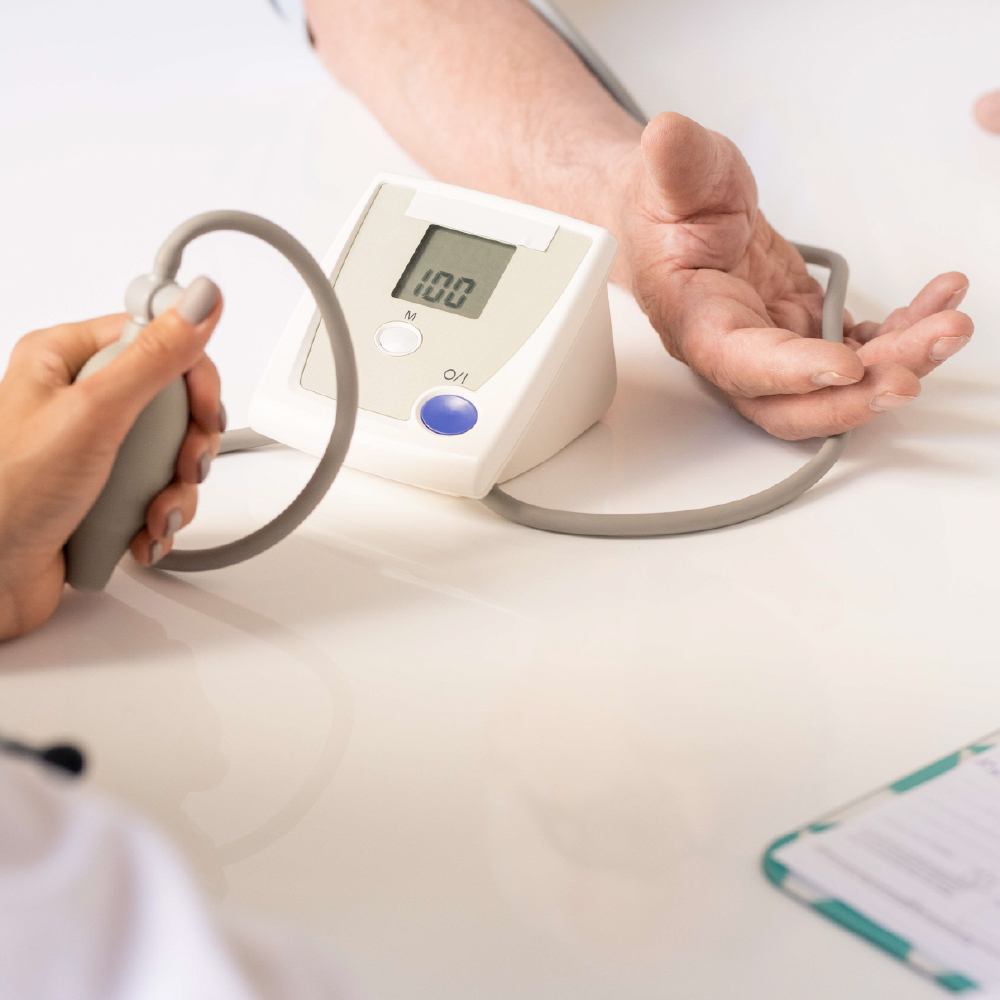
In the highly competitive world of medical device sales, building relationships and understanding client needs are crucial for long-term success. Personalization has become a key strategy in meeting those needs and ensuring customer satisfaction. This approach allows sales representatives to tailor their offerings not only to individual clients but also to the specific challenges faced by healthcare providers. Here’s how a personalized approach can enhance sales and customer relationships in the medical device industry.
Understanding the Client’s Unique Environment
To effectively personalize your sales strategy, it’s essential to understand the specific environment in which your client operates. Every healthcare facility—from small clinics to large hospitals—has its own set of challenges, goals, and procedures. By understanding these dynamics, you can position your product as a solution tailored to their particular needs.
Before approaching a potential client, do your homework. Gather data on the facility, the types of patients it serves, and its existing technology infrastructure. For example, a rural clinic may require compact, cost-effective equipment, while a large urban hospital may prioritize advanced, high-capacity devices. Tailoring your sales pitch based on this research shows that you’ve taken the time to understand their world, establish trust, and position yourself as a knowledgeable partner.
Customizing Solutions for Specific Client Needs
One of the most effective ways to use personalization in medical device sales is by customizing solutions to address specific client needs. Medical professionals and administrators are constantly seeking ways to improve patient outcomes while managing operational costs. By offering solutions that directly align with these goals, you can differentiate yourself from competitors.
For instance, if a healthcare provider is dealing with high patient throughput, they might require devices that allow for quicker diagnostics without sacrificing accuracy. In this case, your sales approach should highlight how your product can increase efficiency and streamline workflows. Customizing your offerings not only satisfies the client’s immediate needs but also creates opportunities for long-term partnerships as their requirements evolve.
Leveraging Data for More Informed Personalization
The use of data analytics in personalization cannot be overstated. With the advancement of customer relationship management (CRM) tools and big data, sales professionals can access valuable insights into their clients’ purchasing behaviors, preferences, and pain points. By leveraging this data, you can develop more informed and effective sales strategies that resonate with clients on an individual level.
Analyzing data helps in identifying patterns and anticipating client needs before they even voice them. For example, a clinic might frequently purchase specific medical devices on a cyclical basis. Using this information, you can time your follow-ups and offers to coincide with their buying cycle, providing them with a relevant and timely solution. This level of personalization demonstrates foresight and attentiveness, fostering stronger client relationships.
Building Trust Through Personalization
Personalization in sales is not just about offering the right product—it’s also about building a rapport that fosters trust. When clients feel that you understand their unique challenges and are genuinely invested in helping them find solutions, they are more likely to do business with you.
During client interactions, ask insightful questions that go beyond the product itself. Inquire about their specific workflow, concerns, and long-term goals. By listening and adapting your sales approach based on their feedback, you demonstrate empathy and professionalism. This process of actively engaging with clients on a personal level is critical to building trust and ensuring continued success in medical device sales.
Providing Ongoing Support and Education
Medical devices often require training and ongoing support for healthcare professionals to use them effectively. A personalized approach to sales doesn’t end once the deal is closed; it extends to post-sale support and education. Offering customized training programs, continuous updates, and responsive customer service ensures that the client fully integrates the product into their operations.
For example, you can offer personalized, on-site training or virtual sessions tailored to the specific needs of the healthcare professionals who will be using the device. Additionally, staying connected after the sale to provide timely updates and respond to any issues helps maintain a positive relationship. By offering a long-term partnership rather than a one-time transaction, you build loyalty and open the door for future sales.
Using Technology to Enhance Personalization
The adoption of new technology can further enhance personalization efforts. Virtual reality (VR) and augmented reality (AR), for instance, can be used to demonstrate the operation of complex medical devices in real time, providing a personalized experience even before the sale is completed. AI-driven platforms can help sales professionals generate personalized marketing materials based on client data and preferences.
Moreover, cloud-based tools enable seamless communication and real-time updates between sales representatives and clients, making the entire process more efficient. By embracing these technological advancements, sales teams can better anticipate client needs and offer personalized solutions that align with the rapidly evolving healthcare landscape.
Personalization as a Competitive Edge
In today’s competitive medical device industry, personalization is no longer an option—it’s a necessity. By tailoring your sales approach to meet the unique needs of each client, leveraging data to inform your strategy, and providing ongoing support, you can significantly enhance customer satisfaction and long-term loyalty. Whether you’re selling to a small clinic or a large hospital, personalization allows you to build trust, offer relevant solutions, and ultimately drive success in your medical device sales efforts.